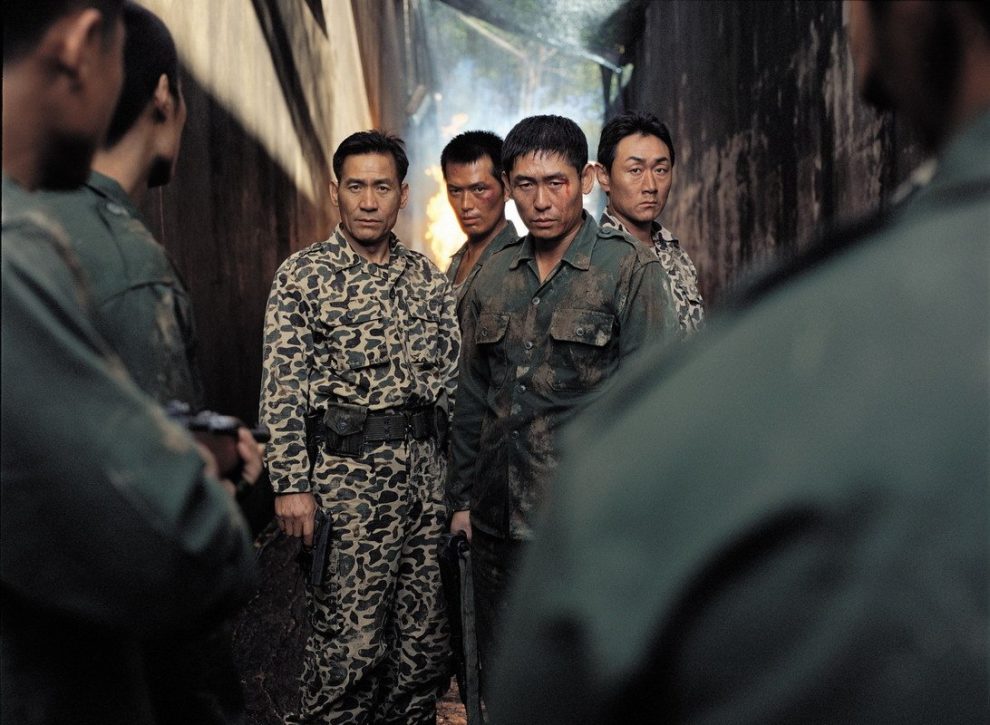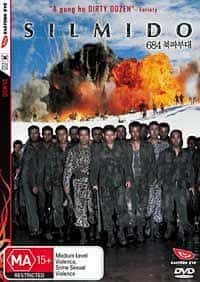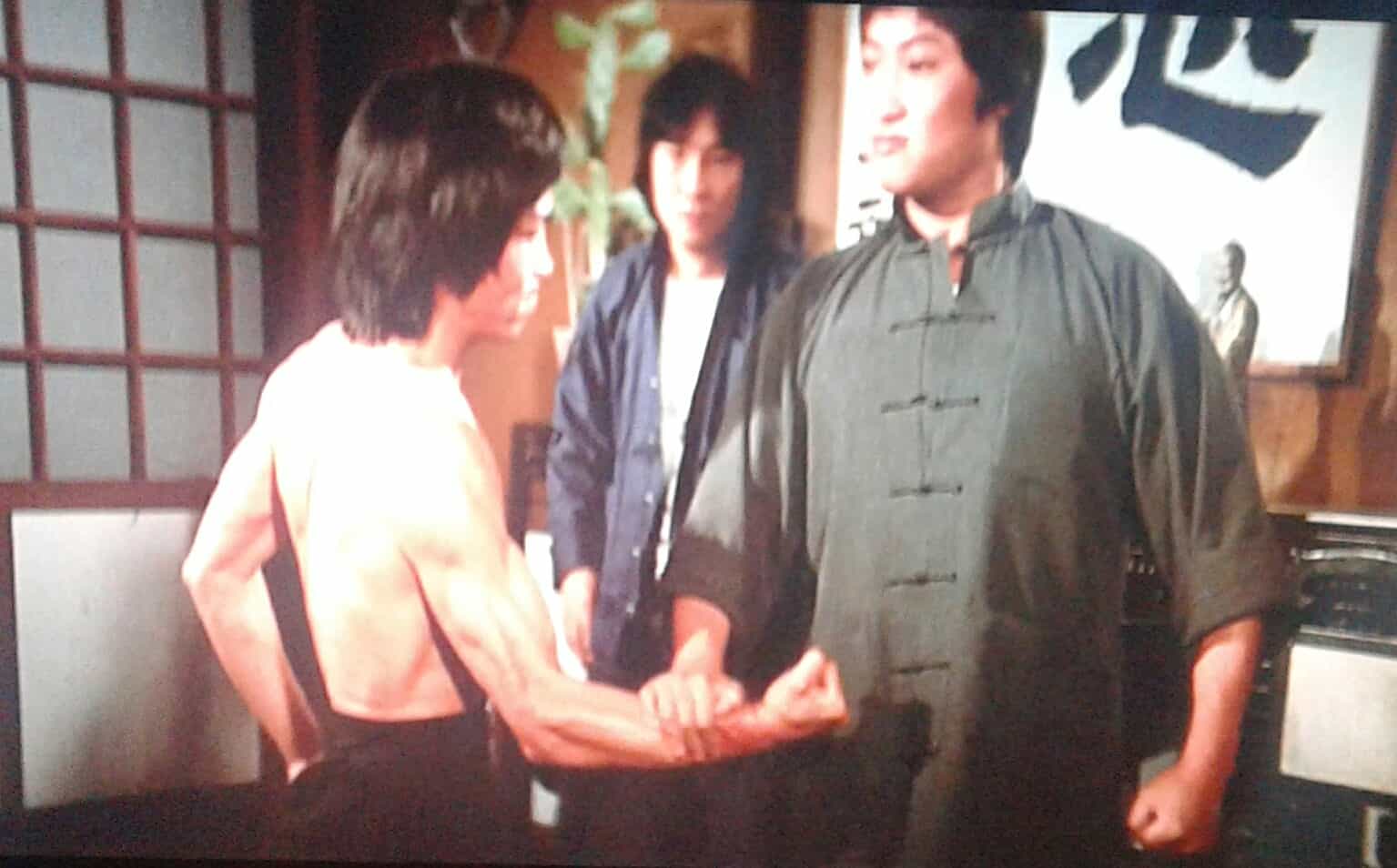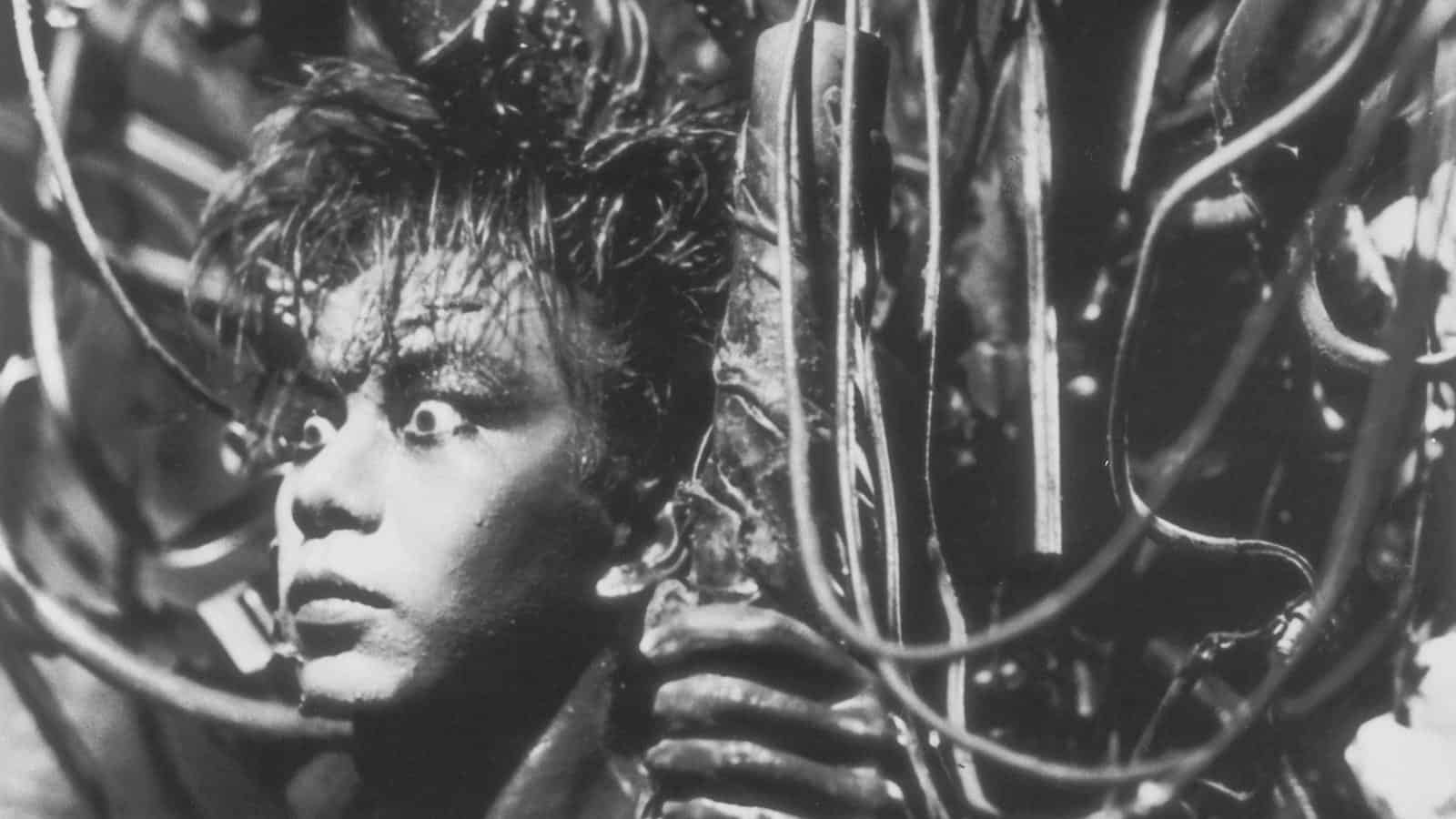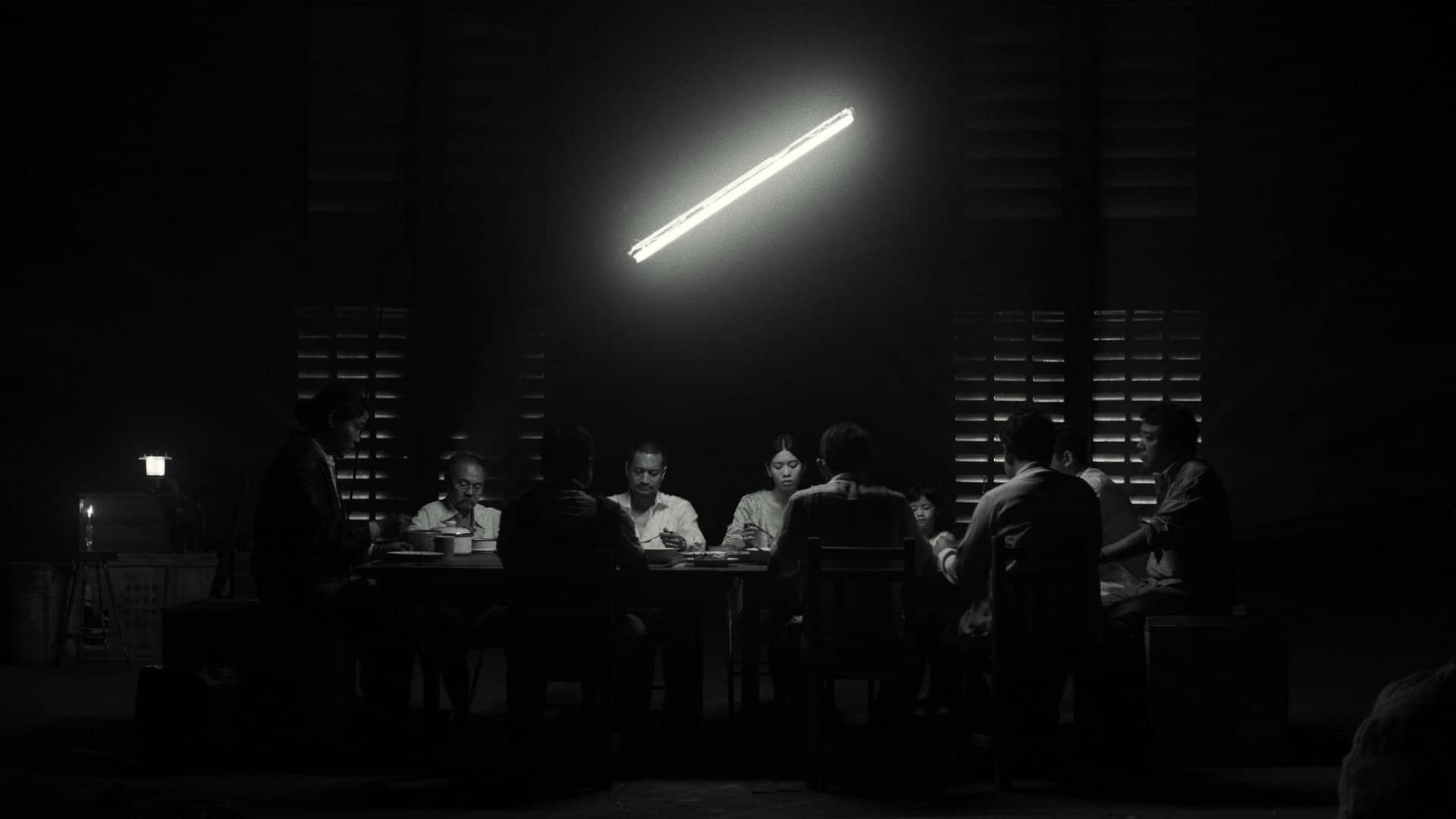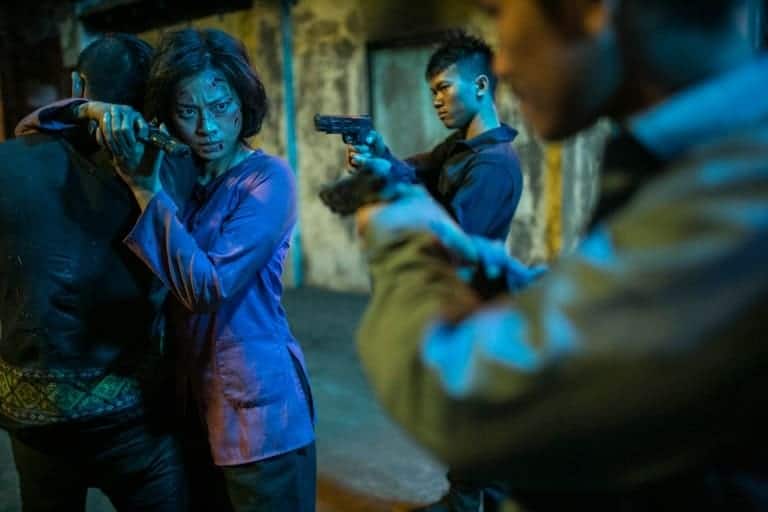One of the recurring themes within some of the most successful releases of the early Korean New Wave was the conflict between the two Koreas. Films like “Shiri”, “JSA”, “Tae Guk Gi”, among others, all featured various sides of this dispute between the two nations. However, one feature to show a unique aspect of this issue was “Silmido”, which is based on a novel that is in turn based on an incredible true story, a story which the majority of the Korean public too was unaware of until the feature's release. A massive critical and commercial success, “Silmido” would go on to be the first Korean production to attract over 10 million viewers and eighteen years since its release, it still sits comfortably within the top 20 highest-grossing Korean films of all time at the domestic box office.
Buy This Title
The feature begins on the night of January 21, 1968, when Unit 124, a black ops unit from North Korea sent down south with the singular mission of killing the South Korean president Park Chung-hee, is intercepted by the Southern forces a mere 100 metres from the Presidential Blue House and is assassinated or captured. When asked what the purpose of the infiltration was, the only surviving member of the unit cooly and rather proudly replies live on television, “I came to slit the throat of President Park Chung-hee!”
Shortly after, we see the KCIA's retaliation plan put into motion as a South Korean black ops team is put together, Unit 684, for a mirror mission to assassinate the North Korean leader Kim Il-sung. The team comprises mostly of death-row inmates, people like mobster Kang In-chan, murderer Han Seung-pil and gang leader Keun-jae, who're appointed leaders of three sections within the Unit. The Unit is put through rigorous training on the otherwise uninhabited Silmido (literally, Silmi Island), often under inhuman conditions and demands from their supervising officers, with the singular thought of preparing them for the incredible mission they are tasked with. However, things are complicated when, thanks to a change in the political climate, the mission is canceled and the Air Force is left with having to deal with this super-secretive team.
Opening with a disclaimer that although this is based on a true story, dramatic license has been taken to tell this story, the first half of Silmido is then filled with montages of the recruits' training that will be familiar to war drama aficionados, although there's still a lot to enjoy. The brotherhood and camaraderie that comes with being in the army is depicted well and plays like an advertisement for army recruitment. In that sense, the feature is drenched in a sense of patriotism that would not be misplaced in a mainland Chinese production, with these soldiers eagerly willing and pumped up to go on what clearly will be a suicide mission. The ample time spend on this sequences allows for sufficient character development for the key players of the narrative.
The second half, once the mission is cancelled, focuses on the psychological effects of the isolation, rigorous training and the idling on this elite team, breaking even the hardest of men. There is also ample commentary on how the army and the brave soldiers play mere puppets to those politicians sat comfortably in their plush offices deciding upon the fates of these men ready to lay their lives. Certain segments in this half do tend to make the runtime be a fair bit longer than it should be and a trim of certain sequences that do not add to the overall story (rape scene, I'm looking at you) would have worked in its favour and would've sped up the feature's arrival to the frankly glorious finale.
The island setting makes easy work for cinematographer Kim Sung-bok, who captures its beauty in impressive wide angle shots, be it the beachside, the rocky parts or the forests. There are some sequences during the training montages captured underwater that are quite impressive. The camera also loves the topless bodies of so many of the production's hunky leading men and gives sufficient eye-candy to those looking for it. The action, one of the main pulls of this project, is done well and shows off the production's budget. Music also plays key part, working often like “Eye of the Tiger” did for “Rocky” in the training montages and rouses the audience in a similar way that the Unit's Commander Choi Jae-hyun's words do the soldiers.
“Silmido” would also work as an introduction to some of the biggest Korean actors for the western audiences back when it broke out. Now certified superstars and known as such the world over, both Sol Kyung-gu and Ahn Sung-ki were then already established actors in Korea but relatively unknown outside of it. Sol Kyung-gu returns to work with director Kang Woo-suk after “Public Enemy” whereas Ahn would go on to work with him again later, as would Jung Jae-young. The performances are not particularly memorable, specially considering the talent, but that is more down to the fact that the material does not demand a lot from them and the focus here is more on the action and the spectacle. Heo Joon-ho, meanwhile, comes across as an early Noughties Ma Dong-seok, flexing his muscles and acting all tough but a big softie inside, with his character arc near and in the finale being one of the best.
The massive interest in the controversial subject caused the South Korean government to, for the first time, admit to Unit 684 having existed. However, there conveniently exists no paper evidence to support or outline full details about it so a lot of the admittance, either by official statements or through the statements of a surviving guard, feels like it validates the events that happen in the feature rather than give an accurate detailing of the truth. In any case, what the feature does say about the Unit, its purpose and eventual outcome is sensational enough and Kang Woo-suk's retelling of it is wholly engrossing with enough story and spectacle to keep you engrossed and entertained.


